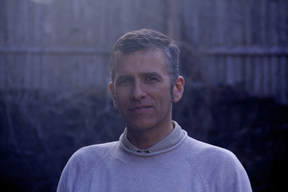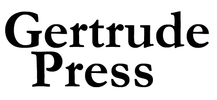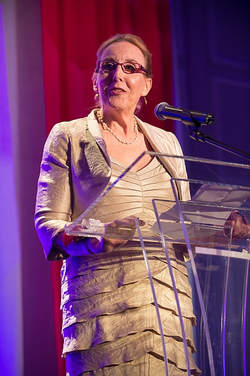
REVIEWED BY MICHAEL MASTER QUINN
Master Michael Quinn writes personal essays and has created performance pieces with many of them, reading the stories aloud and “illustrating” them not with pictures, but with songs. Performances include Bedridden, Last Call, Boo, Kiss & Tell, My Valentine and the upcoming Blue Illusion. He is working on a memoir. More about his work can be found at mastermichaelquinn.com.
Master Michael Quinn writes personal essays and has created performance pieces with many of them, reading the stories aloud and “illustrating” them not with pictures, but with songs. Performances include Bedridden, Last Call, Boo, Kiss & Tell, My Valentine and the upcoming Blue Illusion. He is working on a memoir. More about his work can be found at mastermichaelquinn.com.

